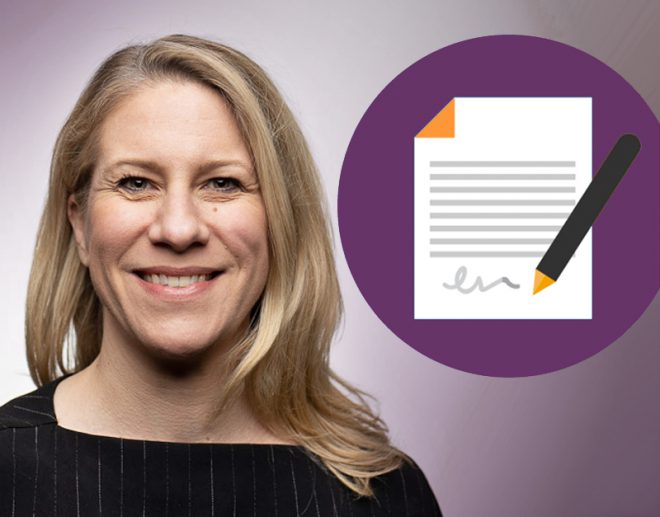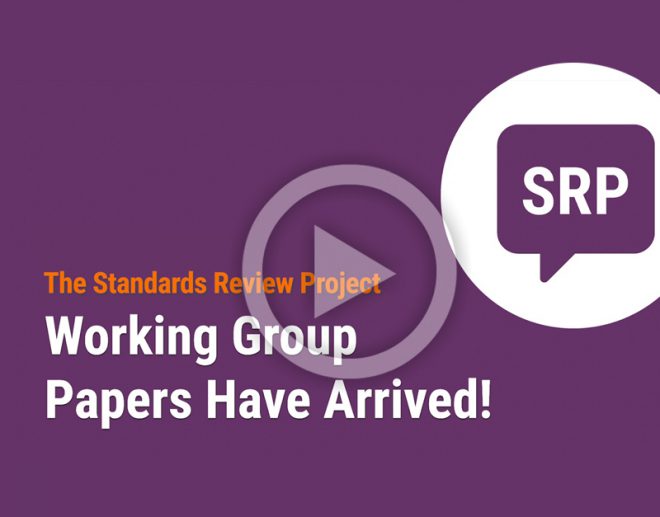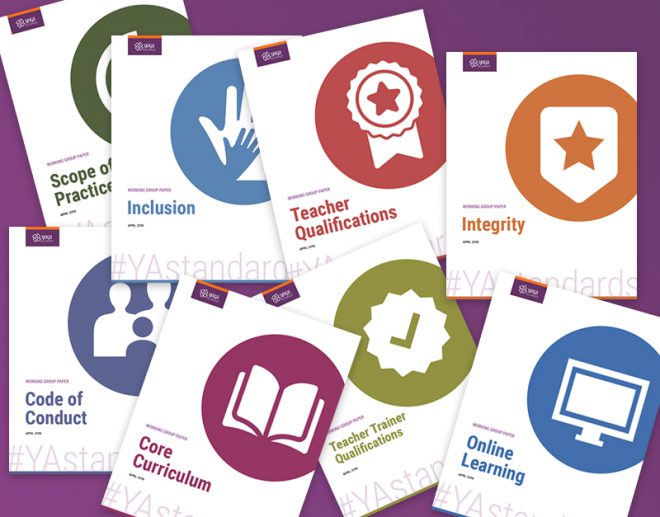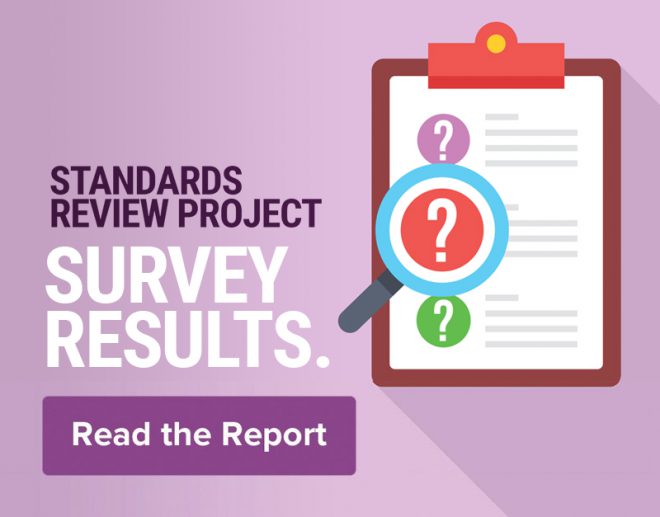Learn about the significant changes to the RYS Standards and Credentials!
Three major themes emerged from the community-led, Standards Review Project, an 18-month period of self- and public-study to ensure that our credentials support and uphold yoga in the rapidly changing world around us and in which we live today.
- The credentials must identify and support you as experts and professionals who stand for quality, safety, and equity in yoga.
- For this to be credible, we must be able to uphold the credentials with integrity through enhanced standards and application and review process.
- As a membership association, we need to better support you through:
- Continuing our advocacy work,
- Expanding our educational resources and member benefits, and
- Convening community-wide dialogues in support of the field’s challenges and growth.
Read More
Clicking will take you away from this site to yogaalliance.org.
About the Standards Review Project
In 1999, in its role as a voluntary, member-based organization serving yoga schools and teachers, Yoga Alliance sought to ensure and preserve the quality of yoga education and practice by establishing and disseminating standards for the training of yoga teachers and by maintaining a registry of teachers who met these standards.
In 2018, we launched a review of our standards, calling it the Standards Review Project (SRP). The SRP brought together Yoga Alliance members and non-members, yoga teachers and practitioners, thought and field leaders, wisdom holders, and not-for-profit and for-profit business leaders from around the world in a comprehensive and inclusive process. This undertaking included thousands of voices inside and outside of yoga who offered their viewpoints through a 12,000-respondent survey, a listening tour, a series of virtual town halls, working group sessions, and other feedback channels.
We thank everyone for your participation.
- Scope of Practice, which clarifies the role of yoga teachers in contemporary society and protects the portion of the public that interacts with the practice of yoga
- Code of Conduct, which lays the foundation for safe yoga education that is of the highest quality and integrity
- Inclusion, which examines how inclusive practices can be introduced into teacher training programs
- Core Curriculum, which underlies the ability to define and preserve the quality of yoga education and practice
- Teacher Qualifications, which focuses on maintaining a credentialing system that results in teachers who teach the highest-quality and safest-possible yoga classes globally
- Teacher Trainer Qualifications, which honors and embraces the vast and complex field of yoga teacher education that is a system of teaching passed historically from teacher to student with roots in knowledge, skills, and experience
- Integrity, which influences all other areas and must be recognized and applied as a shared value by all levels of stakeholders
- Online Learning, which examines how to define and preserve the quality and safety of yoga education and practice worldwide at a time when learning online is ubiquitous in today’s society
EXPERT ADVISORY VOICES
Yoga Alliance brought together a diverse spectrum of expert advisory voices, including several who have been outspoken in their criticism of us in the past, to maximize the perspectives and resources included in this comprehensive and inclusive undertaking. We also consulted with organizations such as RAINN (Rape, Abuse & Incest National Network) that were helpful consultants in the conversation around a yoga teacher’s appropriate scope of practice and professional ethics. Thank you for your time, insight, and thoughtful consideration.




